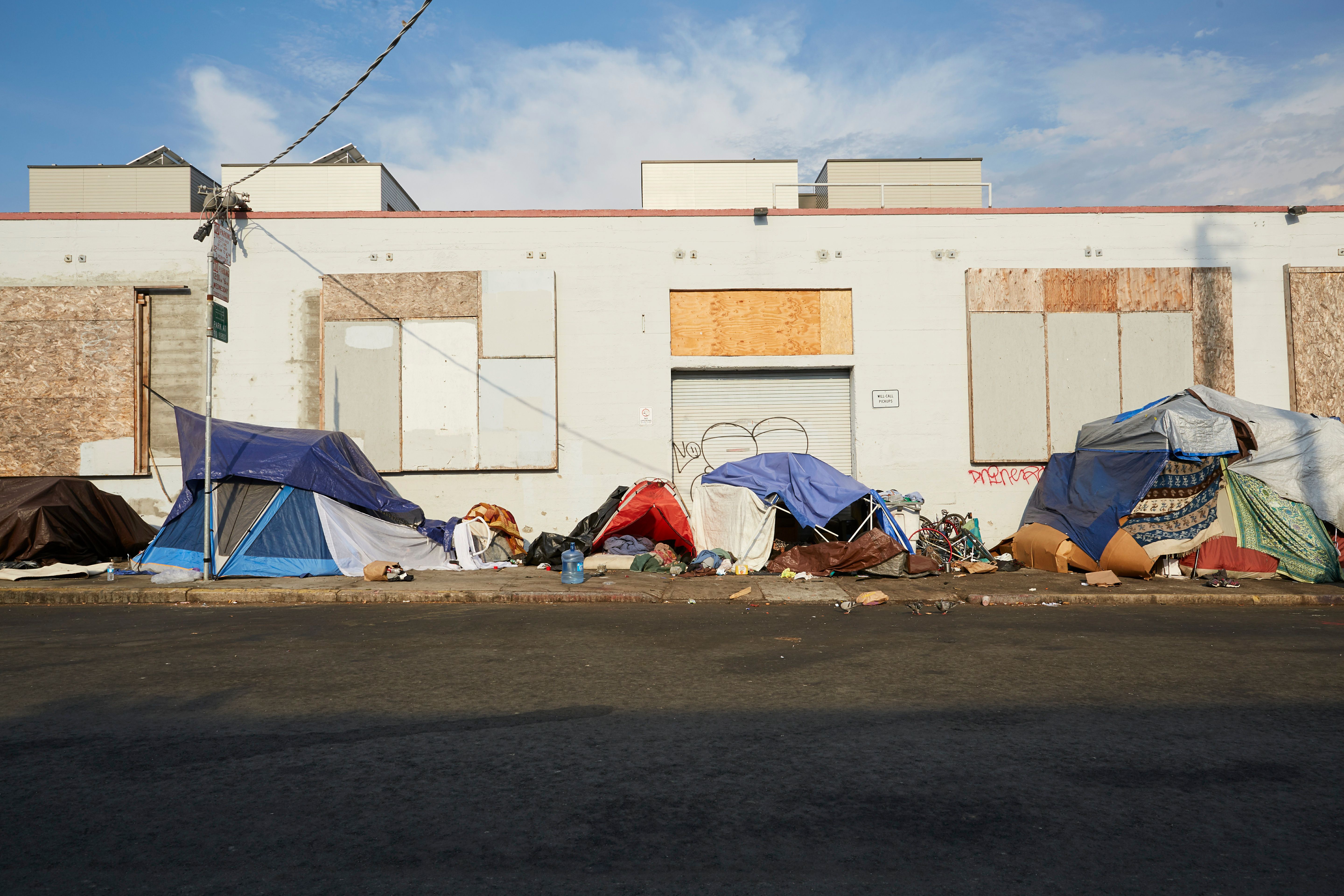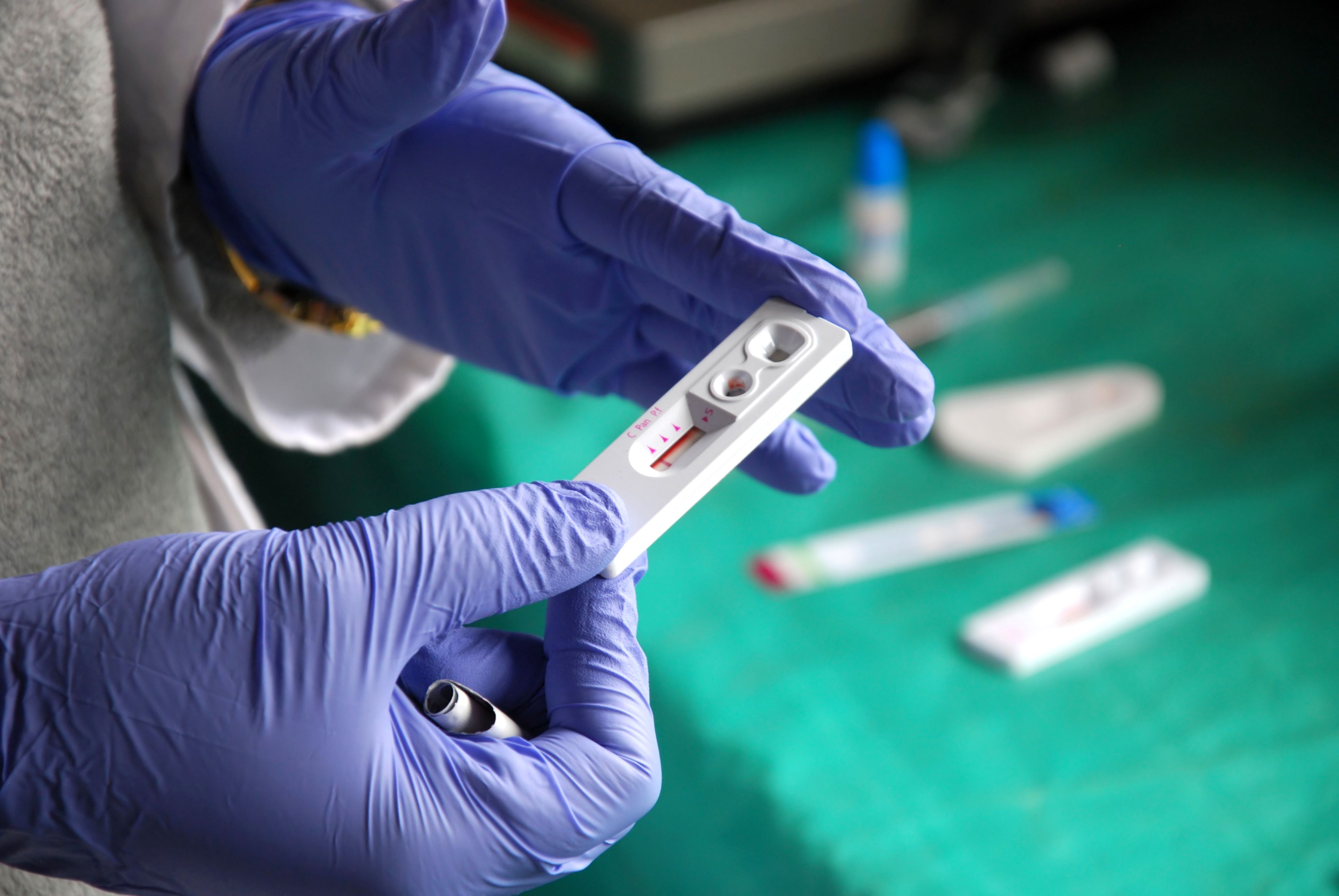Article
Unvaccinated First Responders Have Higher Risk, Incidence of COVID-19 Infection
Author(s):
Unvaccinated first responders were more likely to doubt the safety and efficacy of COVID-19 vaccines than vaccinated counterparts, reporting low trust in the government.
Unvaccinated first responders are more likely to develop COVID-19 infection than vaccinated first responders, according to a research letter published in JAMA Network Open.
Unvaccinated responders were also less likely to believe in the safety and efficacy of vaccines, demonstrating low trust in the government. Despite facing increased risk of SARS-CoV-2 infection, vaccine uptake among first responders has remained relatively low, according to the study.
To assess attitudes toward COVID-19 vaccination and illness burden among vaccinated and unvaccinated first responders, researchers used data from the Arizona Healthcare, Emergency Response, and Other Essential Workers Study (HEROES) and Research on the Epidemiology of SARS-CoV-2 in Essential Response Personnel (RECOVER) cohorts.
Eligible participants of the HEROES and RECOVER studies were enrolled in Florida, Minnesota, Oregon, Texas, Utah, and Arizona. Participants were 18 to 85 years of age and worked at least 20 hours per week in occupations involving direct contact (< 3 feet) from others. Participant characteristics were collected upon enrollment, including self-reported information on race and ethnicity.
From January 1 to September 30, 2021, participants provided weekly nasal specimens using home-based kits and reported COVID-19-like symptoms via text message. Respiratory specimens were tested for SARS-CoV-2. COVID-19-related duration of illness and missed work were assessed at the beginning and end of each illness.
Quarterly follow-up surveys were used to assess vaccine knowledge, attitudes, and practices among participants, who were considered fully vaccinated 14 days after receipt of recommended primary vaccine doses. Sociodemographic characteristics and attitudes toward COVID-19 vaccines were compared for unvaccinated and fully vaccinated participants. Incidence rates of COVID-19 were calculated from January through September 2021 and compared by first responder type.
Among 1415 participants, 79% were men and 21% were women. Self-reported race and ethnicity data showed that 29% of participants were Hispanic and 95% were White. The participants were identified by occupation: 68% were firefighters, 17% were law enforcement officers, and 15% were other first responders.
A total of 1163 participants completed an attitude survey, including 62% of 586 unvaccinated participants and 97% of 829 vaccinated participants. Of the fully vaccinated participants, 35% said they trusted the government regarding COVID-19 vaccine. Only 12% of the unvaccinated participants trusted the government.
Unvaccinated first responders were also less likely than vaccinated first responders to believe that COVID-19 vaccines are effective (61 [17%] vs 430 [54%], respectively) or safe (54 [15%] vs 435 [54%], respectively).
Among first responders, a total of 184 COVID-19 illnesses with assay-confirmed SARS-CoV-2 infection were identified during the study period from January through September 2021. COVID-19 incidence per 1000 person-weeks was 11.9 (95% CI, 7.0-20.1) in unvaccinated and 0.6 (95% CI, 0.2-2.5) in vaccinated individuals.
Incidence was also higher among unvaccinated firefighters (9.0 [95% CI, 6.4-12.7]) compared to vaccinated firefighters (1.8 [95% CI, 1.1-2.8]).
Mean (SD) duration of illness for participants with laboratory-confirmed COVID-19 was higher for unvaccinated individuals at 19.7 [16.9] days than for vaccinated individuals (15.3 [11.7] days). Mean (SD) duration of missed work was also higher for unvaccinated individuals compared to vaccinated individuals (85.2 [49.3] vs 67.6 [25.8] hours). However, differences were not statistically significant for either measure of duration.
Overall, unvaccinated first responders were more likely to develop COVID-19 and less likely to believe in the effectiveness and safety of vaccines than vaccinated first responders.
“Our findings suggest that state and local governments with large numbers of unvaccinated first responders may face major workforce disruptions due to COVID-19 illness,” the authors wrote.
The authors further suggest that governments consider vaccine mandates with regular testing and alternative work assignments for unvaccinated workers. They also note that there is a need to leverage trusted nongovernmental sources to increase vaccinate rates, considering the low trust in the government regarding vaccines among first responders.
The study had some limitations. The small number of COVID-19 illnesses observed among vaccinated individuals limited the precision of estimates and precluded adjustment for potential confounders. Additionally, the generalizability of the results is limited, given that most participants were White and from Florida and Arizona.
Reference
Caban-Martinez A J, Gaglani M, Olsho L E, et al. COVID-19 vaccination perspectives and illnesses among law enforcement officers, firefighters, and other first responders in the US, January to September 2021. JAMA Netw Open. 2022;5(7):e2222640. https://jamanetwork.com/journals/jamanetworkopen/fulla rticle/2794346?utm_source=For_The_Media&utm_medium=referral&utm_campaign=ftm_links&utm_term=071922. Published July 19, 2022. Accessed July 20, 2022.
Newsletter
Stay informed on drug updates, treatment guidelines, and pharmacy practice trends—subscribe to Pharmacy Times for weekly clinical insights.






